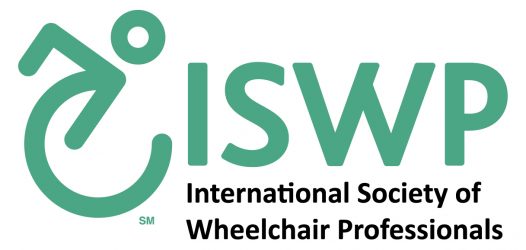Embarking on the journey to become a spiritual coach through a “spiritual coach certification” program can be transformative and fulfilling. This certification equips individuals with the knowledge, skills, and tools necessary to guide others on their spiritual paths.
A comprehensive “spiritual coach certification” program typically covers a range of topics, including spiritual principles, mindfulness practices, meditation techniques, counseling skills, and ethical considerations. Participants delve into various spiritual traditions, philosophies, and teachings, gaining a deeper understanding of the human spirit and its connection to the universe.
Through coursework, workshops, mentorship, and practical experience, aspiring spiritual coaches develop the ability to support others in exploring their beliefs, values, and purpose. They learn effective communication and listening skills to create a safe and nurturing space for clients to express themselves openly and honestly.
Moreover, a “spiritual coach certification” program often emphasizes personal growth and self-awareness. Participants engage in introspective exercises, reflection, and self-care practices to cultivate their own spiritual well-being and authenticity.
Upon completion of a “spiritual coach certification” program, individuals are equipped to work with clients from diverse backgrounds and belief systems, empowering them to overcome challenges, navigate life transitions, and align with their higher selves.
Ultimately, obtaining a “spiritual coach certification” not only enhances one’s professional credentials but also deepens their own spiritual journey, allowing them to make a meaningful impact on the lives of others.

